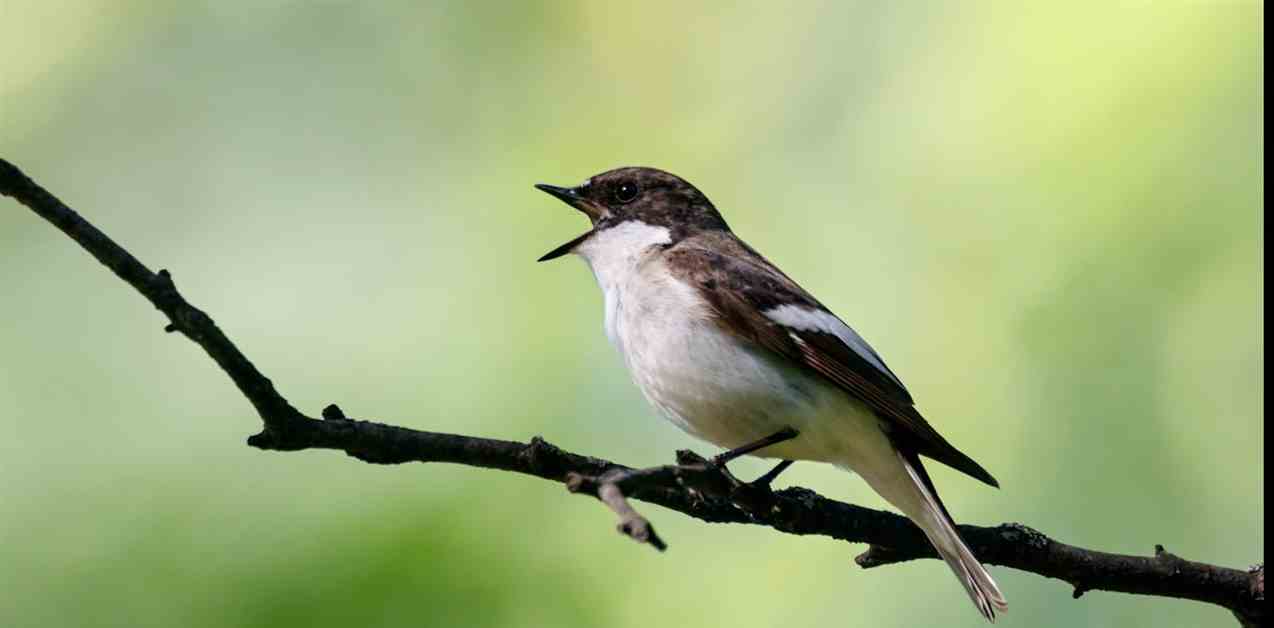How Genes Influence Birdsongs: Unveiling the Role of Genetics in Song Learning
With the arrival of spring, male birds engage in the age-old tradition of singing to attract mates and establish territories. While birdsong plays a crucial role in avian communication, the mechanisms behind how birds learn these songs remain a mystery to scientists. However, a recent study sheds light on the influence of genes in shaping birdsongs, challenging previous assumptions.
In many bird species, young birds learn songs by imitating the adults around them. This process can lead to variations in songs between different populations of the same species, akin to dialects in human languages. Female birds often prefer males that sing songs typical of the local population, indicating adaptability to the environment and territorial prowess.
Despite the long-standing hypothesis that song differences could drive the formation of new species, the impact of genes on song learning has been largely overlooked. Recent research suggests that genetic predispositions may guide birds to learn only “appropriate” songs, limiting cross-species song learning. This raises questions about whether genetic factors also play a role in maintaining song differences within the same species across different populations.
To investigate this phenomenon, a study translocated eggs of pied flycatchers from the Netherlands to Sweden, where they were raised by Swedish parents. Upon reaching adulthood, these translocated birds exhibited songs that combined elements from both Swedish and Dutch populations, indicating a genetic influence on song learning.
These findings highlight how genetic differences within a species can drive cultural changes in birdsongs. As songs continue to diverge between populations, genetic predispositions may become more distinct, potentially leading to the formation of new species. This co-evolution between genes and songs underscores the intricate relationship between genetics and behavior in birdsong learning.




















